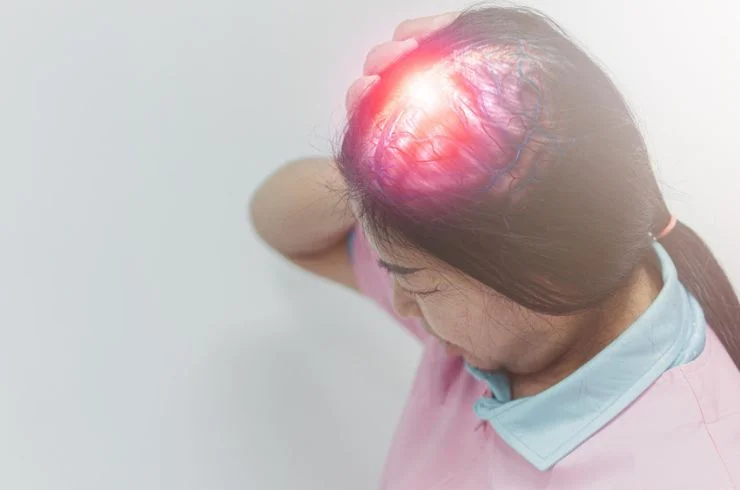
Traumatic Brain Injury (TBI) is a serious medical condition caused by a sudden impact or jolt to the head, which disrupts normal brain function. This can result in a range of physical, cognitive, emotional, and behavioral symptoms, depending on the severity and location of the injury. Understanding the causes, symptoms, diagnosis, and treatment options for TBI is crucial for effective management and rehabilitation.
Symptoms of TBI can vary widely and may include headache, dizziness, confusion, memory loss, difficulty concentrating, mood changes, sensitivity to light or noise, nausea or vomiting, blurred vision, slurred speech, and changes in sleep patterns. In severe cases, symptoms may include seizures, loss of consciousness, coma, or paralysis.
TBI can occur as a result of various incidents, including falls, motor vehicle accidents, sports injuries, assaults, or blast injuries in military combat. The severity of TBI is typically classified as mild, moderate, or severe based on the extent of initial symptoms, duration of loss of consciousness, and other factors.
Diagnosing TBI involves a comprehensive evaluation by a healthcare professional, including a physical examination, assessment of symptoms, and cognitive testing. Imaging studies such as CT (computed tomography) scans or MRI (magnetic resonance imaging) may be used to visualize the brain and identify any structural abnormalities or signs of bleeding.
Treatment options for TBI depend on the severity and nature of the injury and may include rest, medication to manage symptoms such as pain or seizures, rehabilitation therapy, and supportive care to address physical and cognitive impairments. In cases of severe TBI, emergency medical interventions such as surgery may be necessary to relieve pressure on the brain, repair damaged blood vessels, or remove blood clots.
Long-term management of TBI often involves multidisciplinary care, including rehabilitation specialists such as physical therapists, occupational therapists, speech therapists, neuropsychologists, and social workers. Rehabilitation aims to help individuals regain lost function, improve independence, and optimize quality of life following TBI.
Prevention strategies for TBI include wearing seat belts and helmets while driving or participating in sports, taking precautions to prevent falls in older adults, using appropriate safety equipment in work environments, and avoiding risky behaviors such as excessive alcohol consumption or driving under the influence.
Overall, TBI is a complex and potentially life-altering condition that requires prompt medical attention, comprehensive evaluation, and individualized treatment to optimize outcomes and support recovery. Close collaboration between healthcare providers, patients, and their families is essential for managing TBI effectively and promoting long-term well-being.